Negligence plays a crucial role in Florida personal injury cases, as it determines liability and compensation for victims. Understanding the key elements of a negligence claim, such as duty of care, breach of duty, causation, and damages, is essential in proving negligence in court.
Different types of negligence, including medical negligence, product liability, premises liability, and motor vehicle accidents, require specific evidence and legal strategies. Knowing the defenses to negligence claims, such as contributory negligence and assumption of risk, can impact the outcome of a case.
Seeking compensation for negligence involves navigating the types of damages available, the statute of limitations, and the importance of working with a personal injury lawyer. This article explores negligence in Florida personal injury cases to help you understand your rights and options.
Elements of a Negligence Claim
Understanding the elements of a negligence claim is essential for individuals involved in a personal injury case in Florida, as these components establish the basis of negligence law and define legal responsibilities and liabilities.
A knowledgeable personal injury attorney can assist in navigating the intricacies of negligence laws, ensuring thorough examination and address of all elements such as duty of care, breach of duty, causation, and resulting damages.
Duty of Care
The duty of care is a fundamental concept in negligence law, requiring individuals and entities to act with a reasonable level of caution to avoid causing harm to others. This legal obligation serves as a standard by which the actions of a person or organization are judged in various situations.
For instance, in a medical setting, healthcare professionals owe a duty of care to their patients to provide competent and appropriate treatment. In the context of premises liability, property owners have a duty to maintain their premises in a safe condition for visitors. Failure to uphold this duty can result in legal liability if harm or injury occurs due to negligence.
Breach of Duty
A breach of duty occurs when an individual or entity fails to meet the standard of care expected in a given situation, potentially leading to legal consequences under negligence law.
In legal terms, a breach of duty is typically assessed by comparing the actions or inactions of the individual or entity to what a reasonable person or organization would have done under similar circumstances. This comparison, often referred to as the ‘reasonable person standard,’ is fundamental in determining whether negligence has occurred.
Proving a breach of duty holds great importance in negligence cases as it is essential for establishing fault and liability. When evaluating breaches of duty, courts take into account factors such as industry norms, professional practices, and the specific details of the case.
Causation
Establishing causation in a negligence claim is essential to show a direct link between the breach of duty and the resulting injury or harm suffered by the claimant. This step is critical in legal proceedings as it determines whether the defendant’s actions directly caused the harm alleged by the plaintiff.
Proving causation typically involves demonstrating that the breach of duty was a significant factor in causing the injury. Evidence, including expert testimony, medical records, eyewitness reports, and documented proof of the events leading to the injury, is crucial in supporting the claim of causation.
Damages
Damages are the compensation awarded to the injured party in a negligence case to cover medical expenses, lost wages, and related costs.
There are two main types of damages: compensatory damages and punitive damages. Compensatory damages aim to restore the injured party to their pre-injury position. This includes quantifiable losses like medical bills and lost income, as well as non-economic damages such as pain and suffering.
Punitive damages, on the other hand, are intended to punish the at-fault party for their misconduct and discourage others from similar behavior. The assessment and calculation of damages involve a thorough review of evidence, expert testimonies, and the specific circumstances of the case to ensure fair and just compensation for the injured party.
Proper legal rights are essential to ensure justice is served and that the injured party can move forward with their life after experiencing the consequences of negligence.
Types of Negligence in Personal Injury Cases
In personal injury cases, different forms of negligence can be identified, each necessitating specific legal scrutiny and expertise from a personal injury attorney to ensure appropriate handling and the potential for compensation.
Medical Negligence
Medical negligence occurs when healthcare providers do not meet the standard of care, resulting in injury or harm to the patient. Examples of medical negligence can vary from misdiagnosis of a condition leading to improper treatment, surgery errors causing complications, medication errors resulting in adverse reactions, to inadequate postoperative care causing infections.
In legal terms, medical negligence is assessed based on the ‘reasonable physician standard,’ evaluating whether a competent healthcare professional in the same field would have acted differently under similar circumstances.
Patients seeking damages for medical negligence typically need to prove that the healthcare provider breached this standard of care, directly causing the harm suffered, through expert testimony and medical records review.
Product Liability
Product liability places responsibility on manufacturers and sellers for faulty products that result in harm or injury, typically following strict liability principles. This legal doctrine mandates that products adhere to specific safety and quality standards.
Product liability claims usually arise from three types of defects: manufacturing defects, design defects, and marketing defects. Manufacturing defects occur during production and impact individual items, while design defects are fundamental to the product’s concept, posing a risk to all units. Marketing defects encompass problems such as incorrect labeling, insufficient instructions, or inadequate safety warnings.
Premises Liability
Premises liability involves holding property owners, including business owners, responsible for injuries sustained on their property due to unsafe conditions. This duty of care requires property owners to maintain their premises in a safe condition to prevent harm to visitors. Incidents covered under premises liability can range from slip and falls due to wet floors to injuries caused by falling objects or inadequate security.
If someone is injured on someone else’s property, they may be able to file a legal claim to seek compensation for their damages. The process for filing a claim typically involves gathering evidence, such as witness testimonies and medical records, and presenting it in court to prove negligence on the part of the property owner.
Motor Vehicle Accidents
Motor vehicle accidents frequently lead to negligence claims, where individuals injured in accidents seek compensation through insurance claims or legal avenues.
Common factors contributing to motor vehicle accidents encompass distracted driving, speeding, driving under the influence, and adverse weather conditions. Insurance companies often play a significant role in offering financial assistance to cover medical costs and property damage resulting from these accidents.
In legal proceedings, establishing negligence typically necessitates evidence such as police reports, eyewitness accounts, and expert evaluations of the accident scene. Proving negligence in a legal context involves demonstrating that a duty of care was violated, leading to harm or injury to the affected party.
Proving Negligence in a Personal Injury Case
Establishing negligence in a personal injury case necessitates a thorough approach, involving the collection of evidence, expert testimonies, and a clear grasp of comparative negligence principles to construct a solid legal claim.
Gathering Evidence
Collecting evidence is a crucial step in any personal injury case, as it serves as the foundation for proving negligence and establishing a strong legal claim.
Various types of evidence can be gathered in a negligence claim, including physical evidence such as photographs of the scene, medical records, witness statements, and expert testimony. These pieces of evidence aid in reconstructing the events that led to the injury and demonstrating that the defendant violated their duty of care.
To collect this evidence, methods like conducting comprehensive investigations, taking detailed notes, and utilizing technology such as surveillance cameras and forensic analysis are vital. Proper preservation of evidence is necessary to prevent tampering and ensure its admissibility in court, bolstering the overall case against the responsible party.
Expert Witnesses
Expert witnesses play a crucial role in personal injury cases, providing specialized knowledge and testimony to support claims of negligence and injury. These experts, who are often highly qualified professionals in fields like medicine, engineering, psychology, or accident reconstruction, are tasked with analyzing evidence, offering opinions, and clarifying complex issues for the court.
By presenting factual information and interpreting data in a manner that aligns with legal standards, expert witnesses help judges and juries comprehend the technical aspects of a case. Their testimony can be essential in establishing liability, quantifying damages, and determining the impact of an injury on an individual’s life.
The contributions of expert witnesses significantly enhance the legal arguments presented by the parties involved.
Comparative Negligence
Comparative negligence is a legal doctrine that distributes fault among parties involved in an accident, impacting the potential compensation that can be pursued.
Modified comparative negligence and pure comparative negligence represent two distinct frameworks under this doctrine. In states following modified comparative negligence, a party usually cannot recover any compensation if they are determined to be 50% or more at fault.
Conversely, pure comparative negligence permits parties to pursue compensation even if they bear a significant portion of the fault, although the awarded amount is proportionally reduced based on their level of fault. The process of assigning fault necessitates a comprehensive assessment of the actions and responsibilities of each party within the context of the accident.
Defenses to Negligence Claims
Defenses to negligence claims are important for individuals accused of negligence. These defenses play a significant role in influencing the outcome of a case by potentially reducing or eliminating liability. This is often based on contributory negligence or assumption of risk.
Contributory Negligence
Contributory negligence is a defense that asserts that the plaintiff’s own negligence played a role in their injury, which could prevent them from receiving compensation. When contributory negligence is brought up in a legal claim, the court reviews the actions of both parties to determine if the plaintiff’s conduct contributed to the accident.
If the plaintiff is determined to have contributed to their injury, it can affect the case’s result. In certain jurisdictions, even if the defendant was primarily responsible, the existence of contributory negligence on the plaintiff’s part could entirely prevent them from recovering any damages.
Assumption of Risk
The assumption of risk is a defense that argues that the plaintiff knowingly and willingly accepted the risks associated with a specific activity, thereby relieving the defendant of liability. This legal principle is commonly used in cases involving activities that are inherently risky, like extreme sports, where the dangers are apparent.
By participating voluntarily in these activities, individuals acknowledge the potential risks and release the other party from responsibility. For example, when a person signs a waiver before bungee jumping, they are assuming the risks involved.
In negligence cases, if the plaintiff is found to have assumed the risk, it can significantly impact the case’s outcome by shifting the burden away from the defendant.
Seeking Compensation for Negligence
Seeking compensation for negligence requires understanding the types of damages available, following the statute of limitations, and collaborating with a proficient personal injury lawyer to navigate the legal process and achieve the optimal outcome.
Types of Damages Available
Various types of damages are available in negligence cases, including compensatory damages for medical bills, lost wages, and emotional distress, as well as punitive damages in cases of egregious conduct.
Compensatory damages, which are the most common type awarded in civil cases, aim to reimburse the claimant for specific losses suffered due to the negligence of another party. These damages are calculated based on the actual financial impact incurred, such as medical expenses, property damage, and income loss.
On the other hand, punitive damages are meant to punish the defendant for their wrongful actions and deter similar behavior in the future. The court determines the amount of punitive damages by considering factors like the severity of the misconduct and the defendant’s financial situation.
Securing the appropriate damages is crucial for claimants to assert their legal rights in seeking redress for the harm caused.
Statute of Limitations
The statute of limitations establishes a timeframe within which to file a legal claim for negligence, as outlined by Florida Statutes that specify the deadlines for different case types.
These deadlines are essential in preventing parties from indefinitely delaying seeking legal redress for incurred damages. In Florida, the statute of limitations varies depending on the case type, including personal injury, medical malpractice, or breach of contract.
Failure to meet these deadlines can result in significant consequences, such as forfeiting the right to pursue legal action and seek compensation. It is crucial for individuals to understand these time limits and act promptly to safeguard their legal rights.
Working with a Personal Injury Lawyer
Working with a personal injury lawyer is important for navigating the complexities of negligence cases, ensuring that legal rights are protected and deserved compensation is received.
They play a vital role in advocating for best interests, conducting thorough investigations to gather evidence, negotiating with insurance companies, and representing in court if necessary.
Personal injury lawyers have the expertise to assess the value of a case, including medical expenses, lost wages, pain and suffering, and future damages, to ensure fair compensation. By entrusting a case to a skilled attorney, individuals can focus on recovery while legal aspects are handled, striving for a favorable outcome.
Frequently Asked Questions
What is the role of negligence in Florida personal injury cases?
Negligence is a legal concept that refers to the failure to exercise a reasonable level of care in a given situation. In Florida personal injury cases, negligence plays a critical role in determining liability and potential compensation for the injured party.
How is negligence proven in a Florida personal injury case?
In order to prove negligence in a Florida personal injury case, four elements must be established: duty, breach of duty, causation, and damages. This means that the defendant had a legal obligation to act with reasonable care, failed to do so, and that failure directly resulted in the plaintiff’s injuries.
What types of damages can be recovered in a negligence-based personal injury case in Florida?
Victims of negligence in Florida may be entitled to various types of damages, including medical expenses, lost wages, pain and suffering, and property damage. In some cases, punitive damages may also be awarded as a form of punishment for the defendant’s reckless or intentional actions.
Can negligence be shared between parties in a Florida personal injury case?
Yes, Florida follows the legal principle of comparative negligence, which means that the responsibility for an accident can be shared between multiple parties. The amount of compensation awarded to the injured party will be reduced based on their percentage of fault.
Is there a time limit for filing a personal injury claim based on negligence in Florida?
Yes, the state of Florida has a statute of limitations for personal injury claims, including those involving negligence. In most cases, a claim must be filed within four years from the date of the accident or injury. Failure to file within this time frame may result in the case being dismissed.
Can I still file a personal injury claim if I was partially at fault for the accident in Florida?
Yes, Florida follows a comparative negligence system, which means even if you were partially at fault for the accident, you may still be able to recover compensation for your injuries. However, the amount of compensation awarded will be reduced based on your percentage of fault.


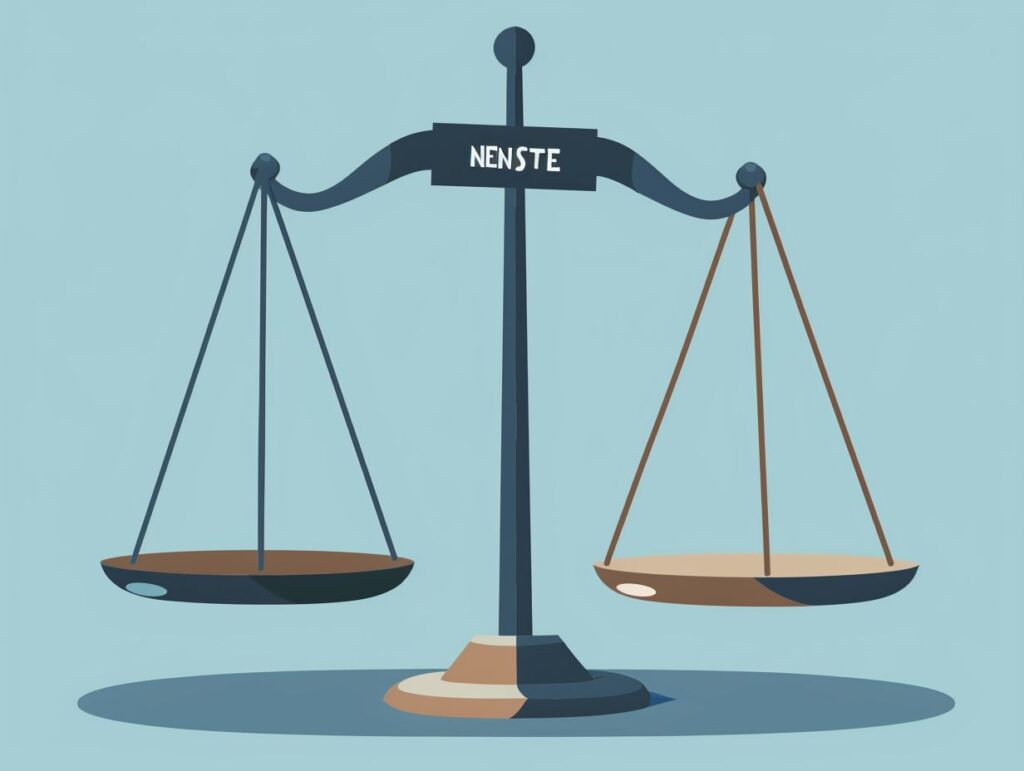
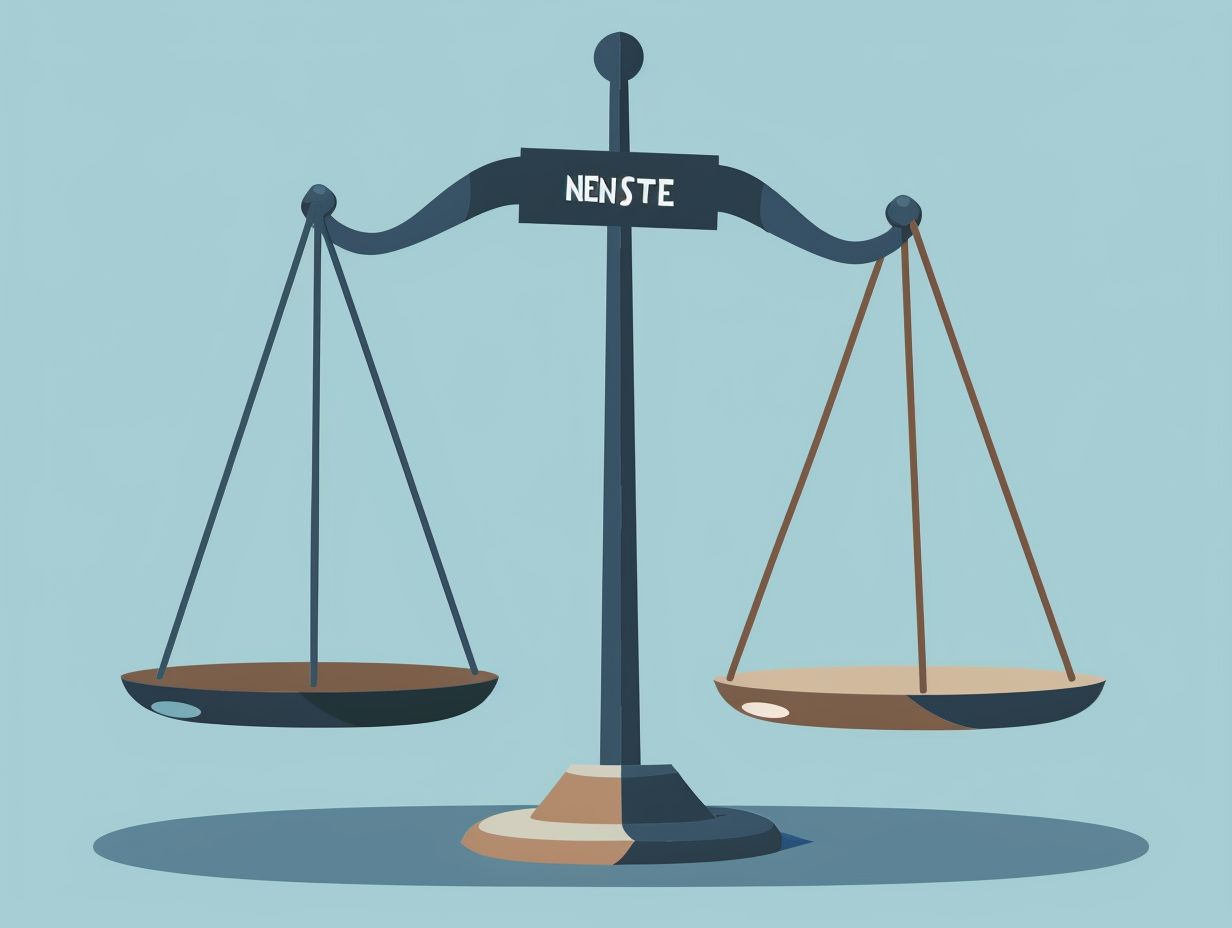
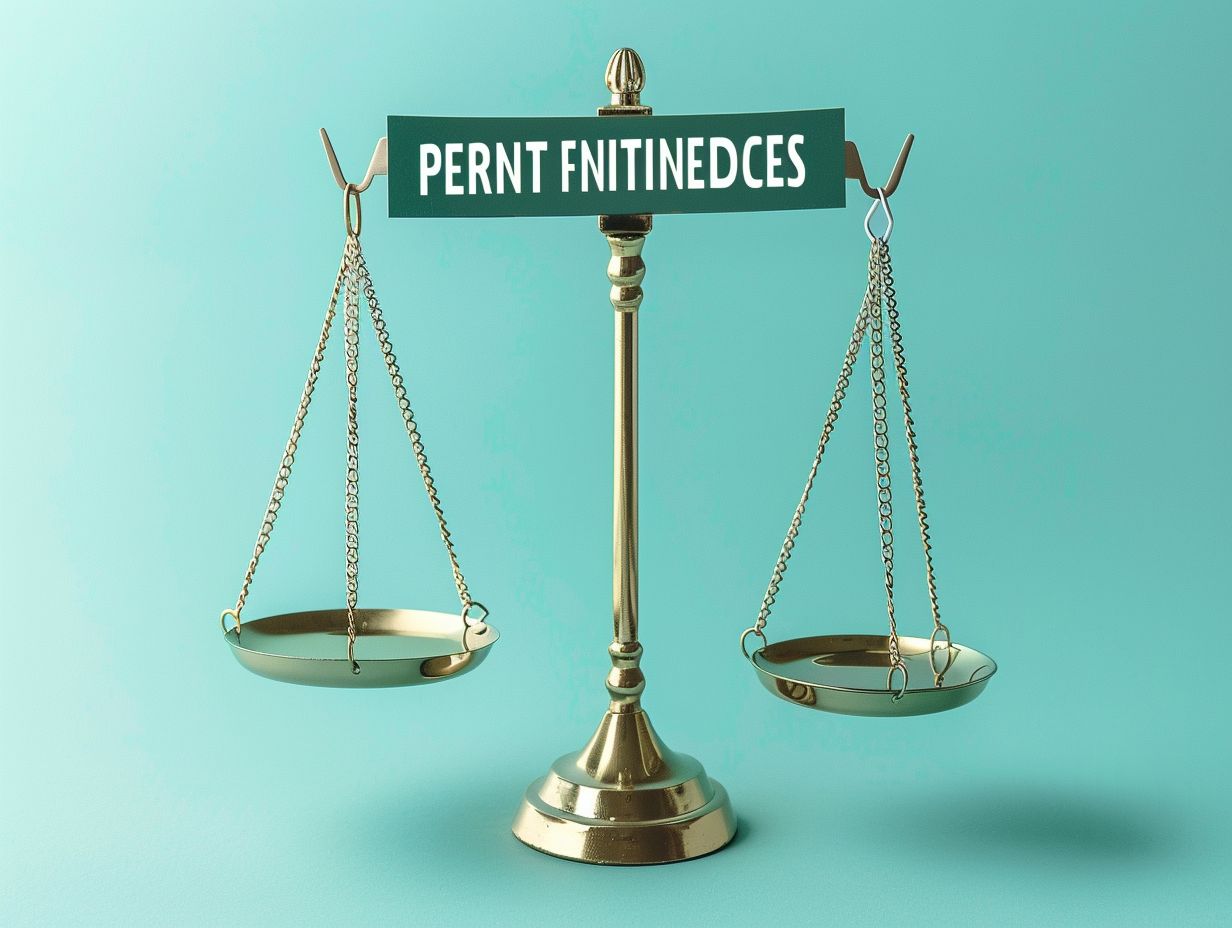
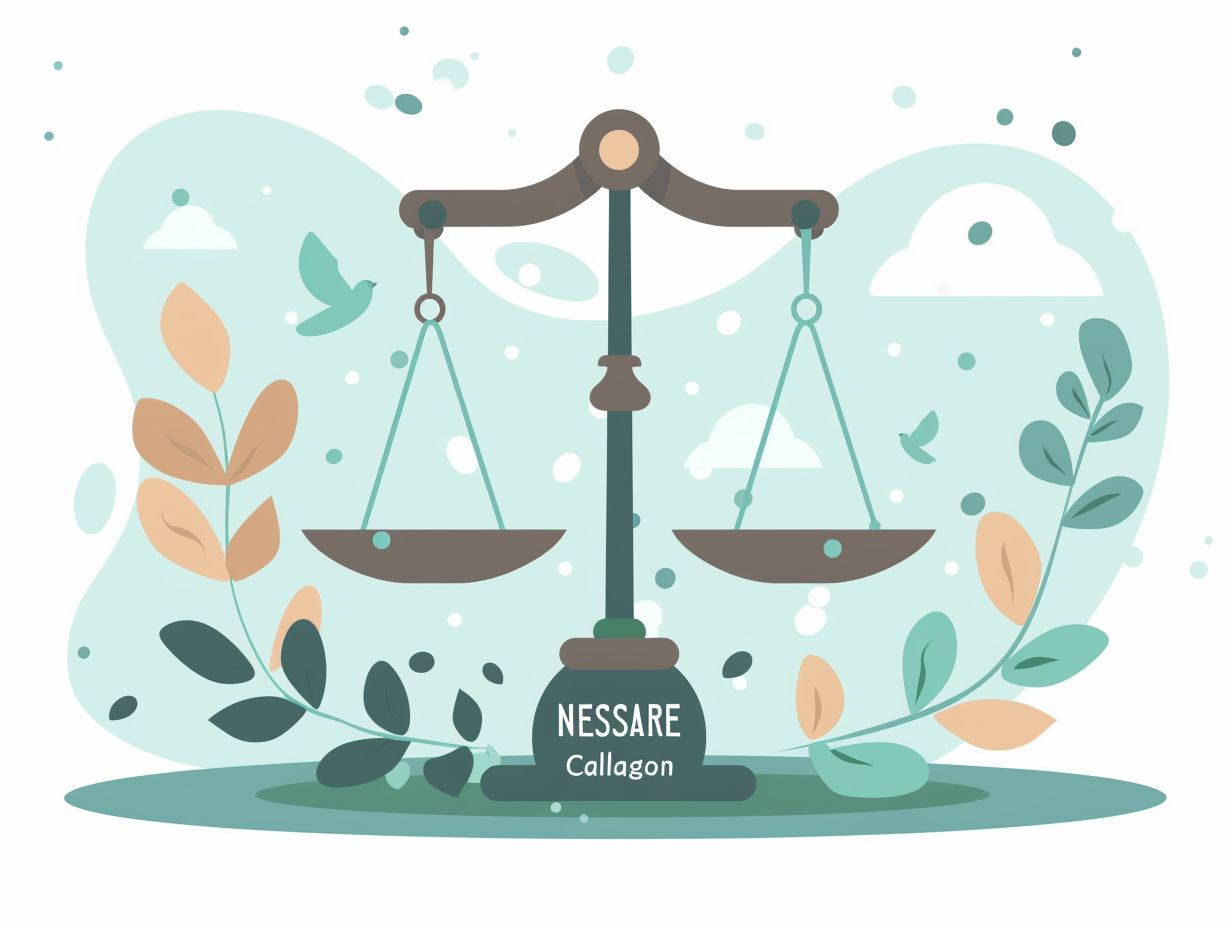
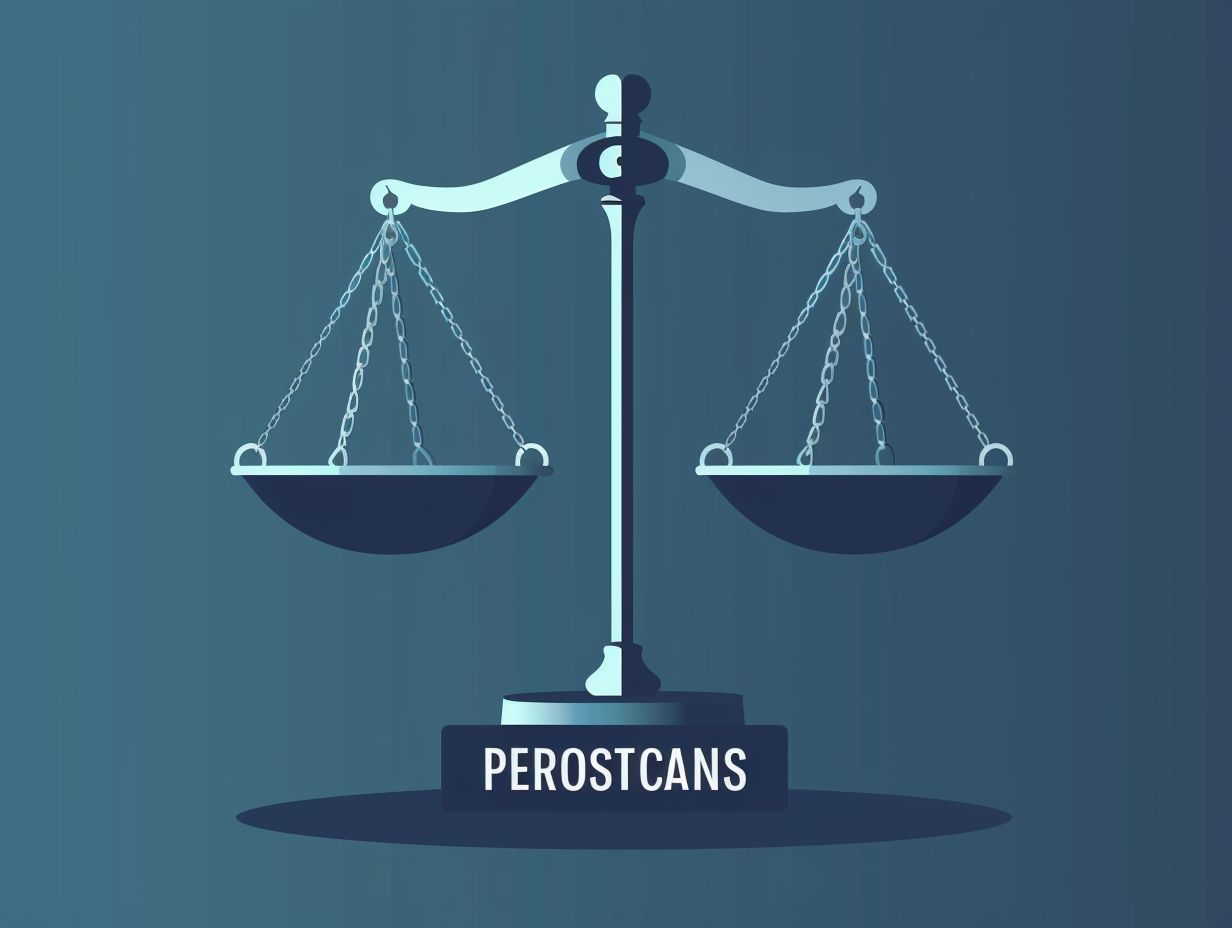




















Rate this article:
No Comments yet!